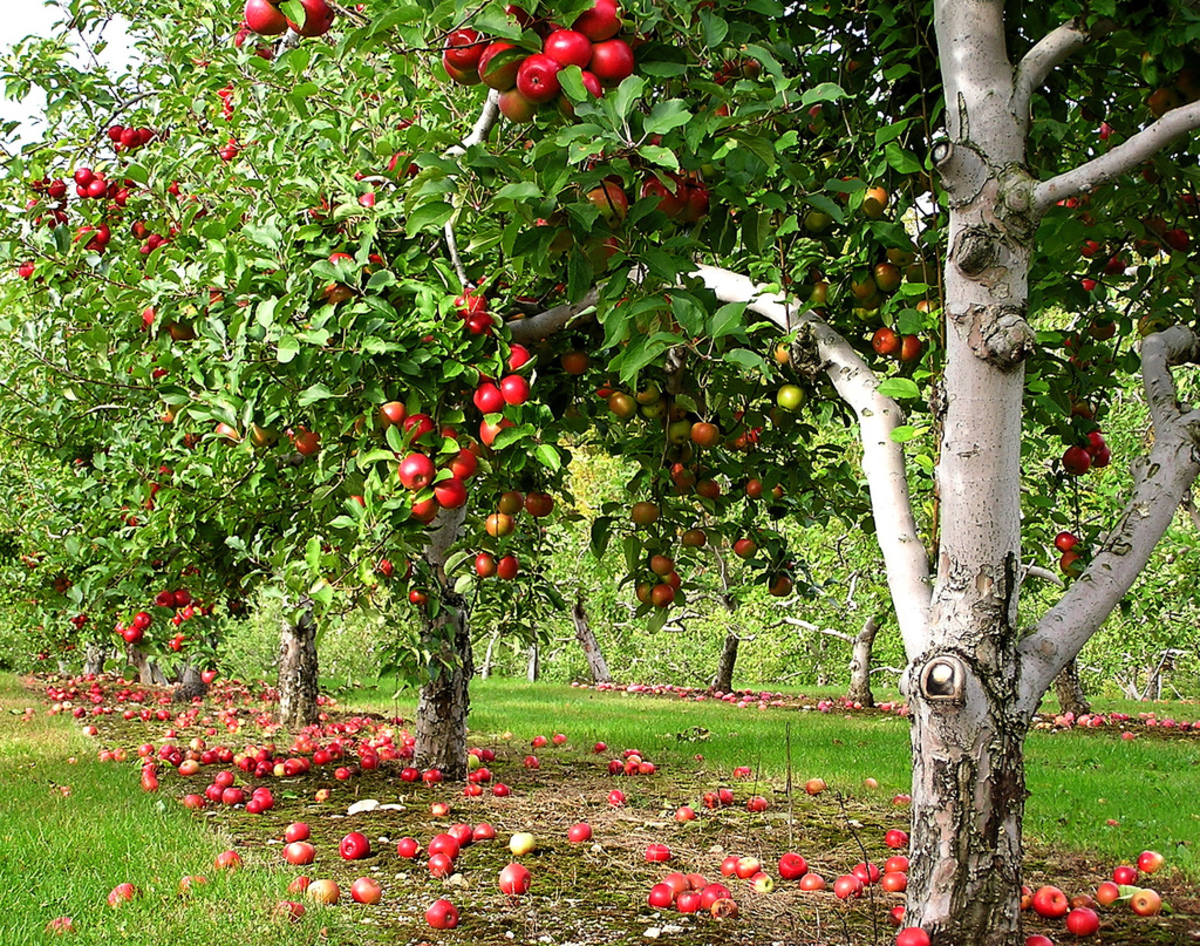A classical mechanics problem by Enchant Slush
Consider a system containing two massive particles P1 and P2 kept at a distance 'd' from each other.
Statement:
The gravitational force applied by a particle P1 on P2 is equal to the gravitational force applied by P2 on P1
 Now, consider P1 as an apple hanging on a tree and P2 as our earth. ..
The gravitational force F applied by earth on apple attracts the apple towards earth and hence, the apple falls down. But, according to statement, apple also applies a gravitational force F on earth. Then why is the earth not getting attracted to the apple?
.
Now, consider P1 as an apple hanging on a tree and P2 as our earth. ..
The gravitational force F applied by earth on apple attracts the apple towards earth and hence, the apple falls down. But, according to statement, apple also applies a gravitational force F on earth. Then why is the earth not getting attracted to the apple?
.
This section requires Javascript.
You are seeing this because something didn't load right. We suggest you, (a) try
refreshing the page, (b) enabling javascript if it is disabled on your browser and,
finally, (c)
loading the
non-javascript version of this page
. We're sorry about the hassle.
An apple is so much less massive than Earth, so its effects are negligible go unnoticed. The forces of attraction will be equal and opposite. However, you must take inertia into account. The inertia of the Earth is very great, but the inertia of the apple is small. The force is strong enough to move the apple, but not strong enough to noticeably move the Earth.